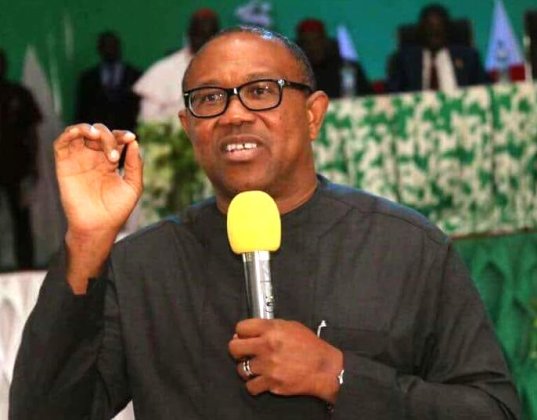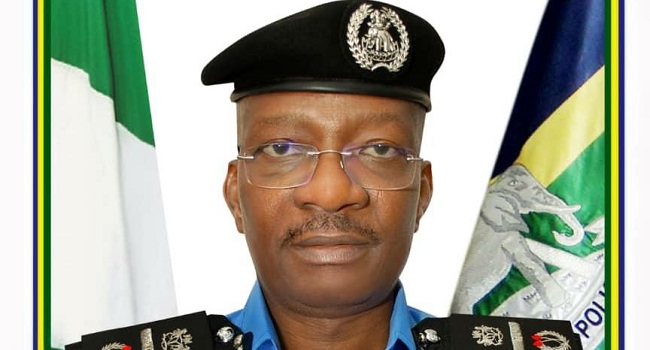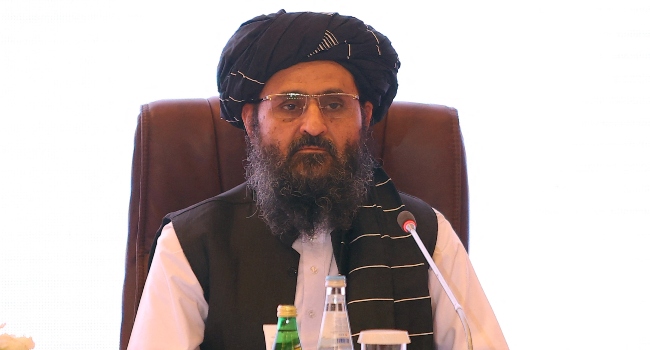The Peoples Democratic Party, PDP, has rejected alleged moves to regulate social media in Nigeria.
The party in a statement issued by its National Publicity Secretary, Kola Ologbondiyan, in Abuja on Wednesday described it as unconstitutional, anti-people and attempt to silence Nigeria.
Mr Ologbondiyan said that the attempt to censor the social media was targeted at muzzling outspoken Nigerians.
This according to him is particularly against youths, media and civil society organisations demanding for accountability and competence from government.
He said it would also silence citizens from exposing cases of corruption, injustice, human rights abuses and constitutional violations by government officials.
“Our party rejects the claims that the regulation bill is targeted at checking fake news.
“This is because our nation already has enough implementable laws to counter the dissemination of fake news and punish offenders.’’
Mr Ologbondiyan said that instead of curtailing citizens’ constitutionally guaranteed rights, government should rather take steps to reassure Nigerians of efforts to address corruption, treasury looting, abuse of human rights, nepotism and unaccountability.
He advised the All Progressives Congress, APC-led government to become more accountable, particularly in exposing corrupt officials including those alleged to be involved in diversion of funds voted for COVID-19 palliatives.
Mr Ologbondiyan said while the PDP did not in any way condone the dissemination of fake news, it rejected the attempt to hide under fake news to use regulation of social media for selfish political reasons.
The Northern Governors Forum had on Monday expressed support for the ongoing efforts to regulate the social media in order to check the spread of fake news in the country.
The Forum expressed its support in a communiqué issued by its Chairman and Governor of Plateau, Simon Lalong, after its meeting in Kaduna with traditional rulers and other key stakeholders in the region. NAN







